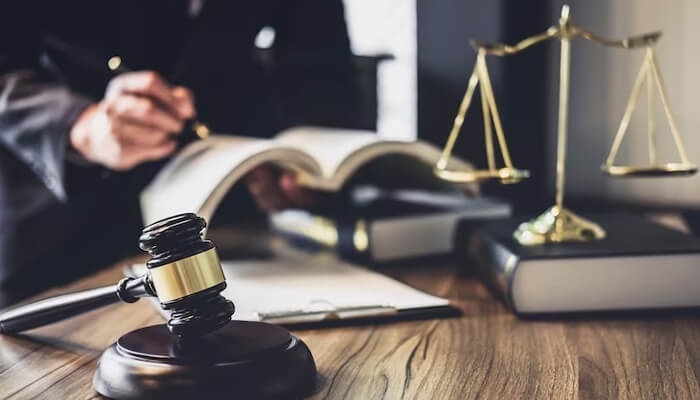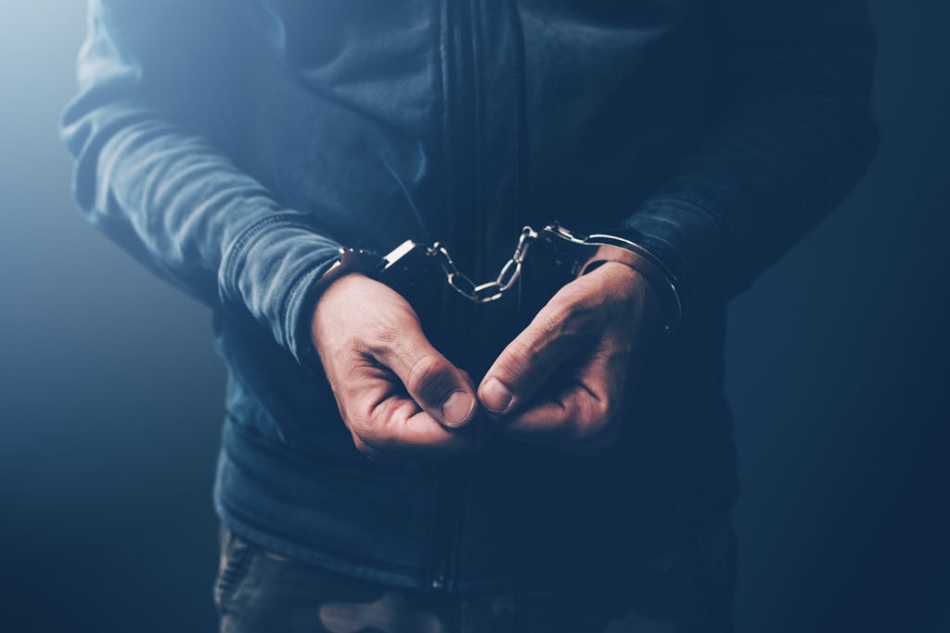After a car accident, emotions can run high, and the chaos of the moment may leave you unsure of what to do next. One of the most important steps you can take—regardless of the severity of the accident—is to call the police and file an official report. But why is this so crucial? What role does a police report play in a car accident case? Let’s dive in.
-
What Is a Police Report?
A police report is an official document prepared by the responding officer at the scene of an accident. It provides an objective summary of the incident, including details about the drivers, vehicles, and circumstances surrounding the collision. This report can be vital in both insurance claims and legal proceedings.
-
Why Is a Police Report Important?
A police report serves multiple critical functions in the aftermath of a car accident:
- Establishes an Official Record: The report documents key details about the accident, providing an objective account from a law enforcement officer. This can be invaluable when memory fades or facts are disputed.
- Supports Insurance Claims: Insurance companies rely heavily on police reports when determining fault and processing claims. A clear, factual report can speed up the claims process and help ensure a fair outcome.
- Provides Evidence in Legal Cases: If your accident results in a lawsuit, the police report can serve as a key piece of evidence. It can support your version of events and help establish liability in court.
-
What Information Is Included in a Police Report?
A typical police report contains the following information:
- Date, Time, and Location of the Accident: This establishes when and where the accident took place.
- Details of All Parties Involved: Names, contact information, driver’s license numbers, and insurance details of the drivers.
- Descriptions of the Vehicles: Make, model, color, and license plate numbers.
- Statements from Drivers and Witnesses: The officer will interview those involved and any witnesses to get their accounts of what happened.
- Weather and Road Conditions: Information on visibility, road surface, and weather at the time of the accident.
- Diagram of the Accident Scene: A visual representation showing the position of vehicles, traffic signs, and the direction of travel.
- Assessment of Fault (in some cases): While not all reports explicitly state who was at fault, some may include the officer’s opinion based on the evidence.
- Any Traffic Citations Issued: If a driver violated traffic laws (e.g., speeding, running a red light), this will be noted in the report.
-
How Does a Police Report Affect Your Insurance Claim?
Insurance companies place significant weight on police reports when evaluating claims. Here’s how it can influence your case:
- Determining Fault: Insurers use the report to help decide who was responsible for the accident. While the report itself isn’t the final word, it carries considerable influence.
- Validating Your Claim: A police report provides independent verification of your account, making it harder for the other driver’s insurance to dispute your version of events.
- Speeding Up the Claims Process: Having an official record can streamline the claims process, helping you get compensation faster.
-
Can a Police Report Be Used in Court?
Yes, a police report can be a powerful piece of evidence in a legal case. Here’s how it can help:
- Supporting Your Testimony: The report can back up your account of the accident, providing objective details to the court.
- Identifying Witnesses: Police reports often include contact information for witnesses who can testify on your behalf.
- Highlighting Violations: If the other driver received a citation for a traffic violation, this can strengthen your case.
However, it’s important to note that while a police report can be persuasive, it may not always be admissible in court due to hearsay rules. Your attorney can advise you on how best to use it in your case.
-
What If There’s a Mistake in the Police Report?
Mistakes can happen, and if you notice an error in the report, it’s important to address it quickly:
- Contact the Officer: Politely reach out to the officer who filed the report and provide evidence to support your correction (e.g., photos, witness statements).
- Request an Amendment: Some factual errors, like incorrect vehicle information or misspelled names, can be corrected with proper documentation.
- Disputing Fault: If you disagree with the officer’s assessment of fault, you can still present your case to your insurance company or in court. The police report is influential, but it’s not the final say.
-
Do You Always Need a Police Report?
While a police report is highly recommended, it may not always be required:
- Minor Accidents: In some minor fender-benders with no injuries or significant damage, the police may not come to the scene, especially if the accident happens on private property.
- State Laws Vary: Some states require a police report for accidents involving injuries, fatalities, or property damage over a certain amount. Check your local laws to be sure.
Regardless of the situation, it’s always a good idea to file a report, even if you think the accident is minor. Unexpected injuries or disputes can arise later, and having an official record can protect you.
Final Thoughts
A police report plays a vital role in car accident cases, serving as an official record that can influence insurance claims and legal proceedings. It helps establish the facts, determine fault, and protect your rights if disputes arise. If you’re involved in an accident, don’t skip this critical step. And if complications occur, consulting with a personal injury attorney can help you navigate the process and ensure you get the compensation you deserve. We recommend idaho car accident lawyer





